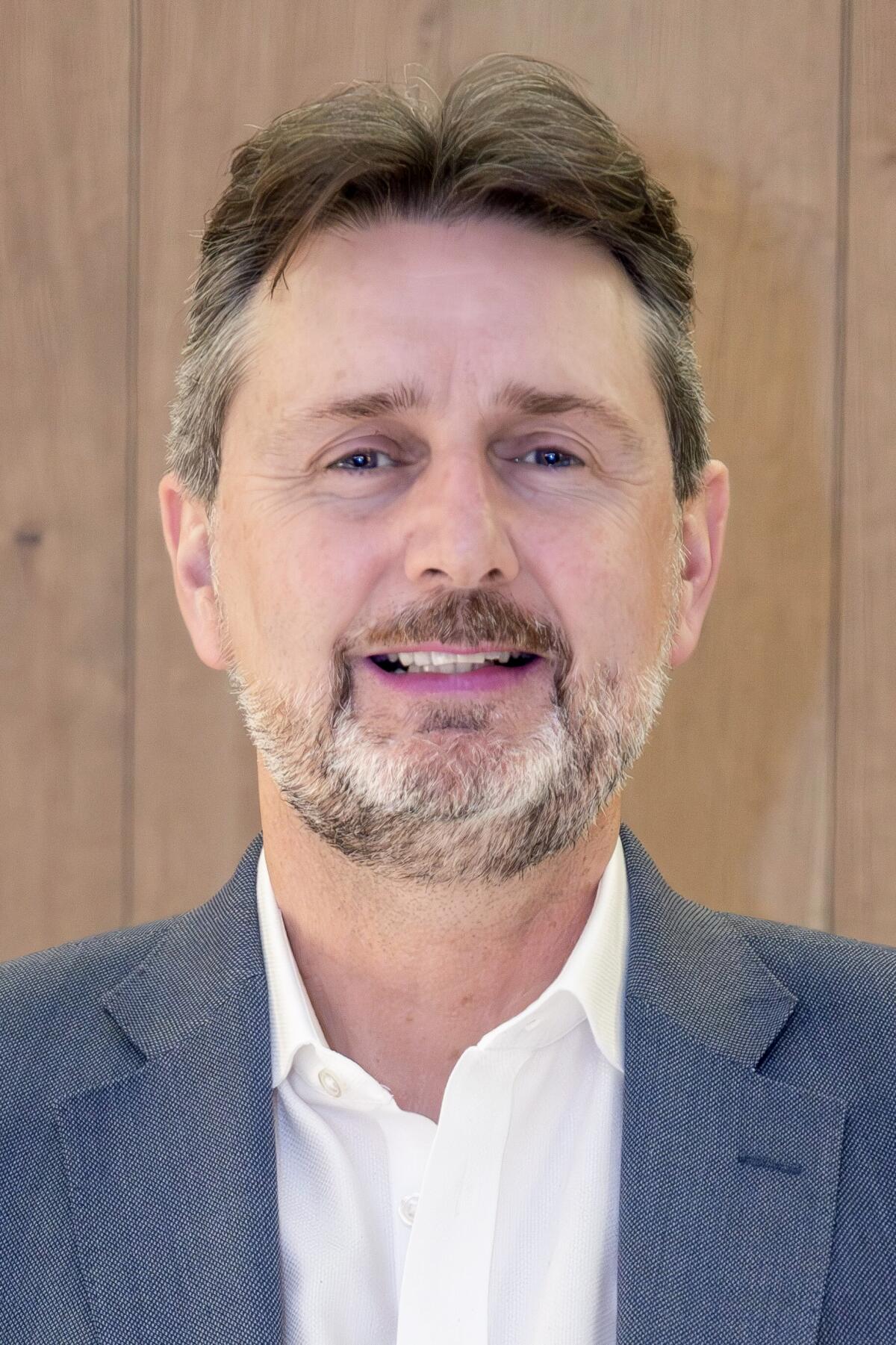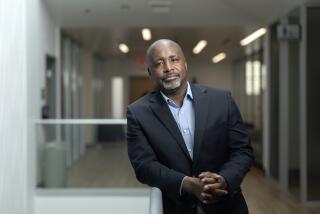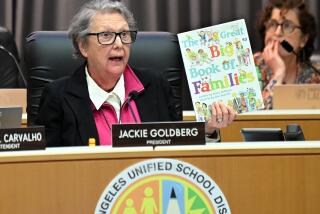Duncan Wood is named president of L.A.-based Pacific Council on International Policy
- Share via

The Pacific Council on International Policy, a membership-based organization in Los Angeles that focuses on global issues, announced Thursday that Duncan Wood of the Wilson Center will become the council’s new president and chief executive.
Wood will replace Jerrold D. Green, who is retiring after 16 years with the Pacific Council on July 1. Wood was the unanimous selection of the council’s board of directors, the organization said.
Currently vice president for strategy and new initiatives at the Wilson Center, Wood has focused most recently on supply chains, critical minerals, Mexican politics and U.S.-Mexico ties, according to the center, a nonpartisan Washington, D.C.-based think tank that researches a wide range of public policy issues.
“With an impressive career in the policy and academic sectors, Duncan brings with him a wealth of experience, recognized thought leadership and a proven track record in fundraising,” said Arthur J. Ochoa, chief advancement officer at Cedars-Sinai Medical Center and leader of the council’s search committee.
Richard Goetz, a partner at O’Melveny & Myers who serves as the council’s co-chair, said Wood’s expertise in U.S.-Mexico policy “brings a vital perspective to our Mexico Initiative, knowledge that will foster understanding and drive change here at the intersection of these critical relationships.”
Said Wood, “I am inspired and energized by the opportunity to advance this community’s dedication to bring the views of Los Angeles and California to the forefront of international policy dialogues in Washington, D.C., and beyond. My job will be to continue the Pacific Council’s long legacy of providing education, connection and engagement to its members to foster a community that makes a real impact.”
Established in 1995, the Pacific Council is an independent and nonpartisan organization “committed to building the capacity of Los Angeles and California for impact on global issues, discourse, and policy,” according to its website. “We want to help people who live and work in their local communities understand how their movements, choices, and especially their local policies can have global impact. And likewise, to make international leaders and decision makers understand how global policies affect small communities every day.”
More to Read
Sign up for Essential California
The most important California stories and recommendations in your inbox every morning.
You may occasionally receive promotional content from the Los Angeles Times.











